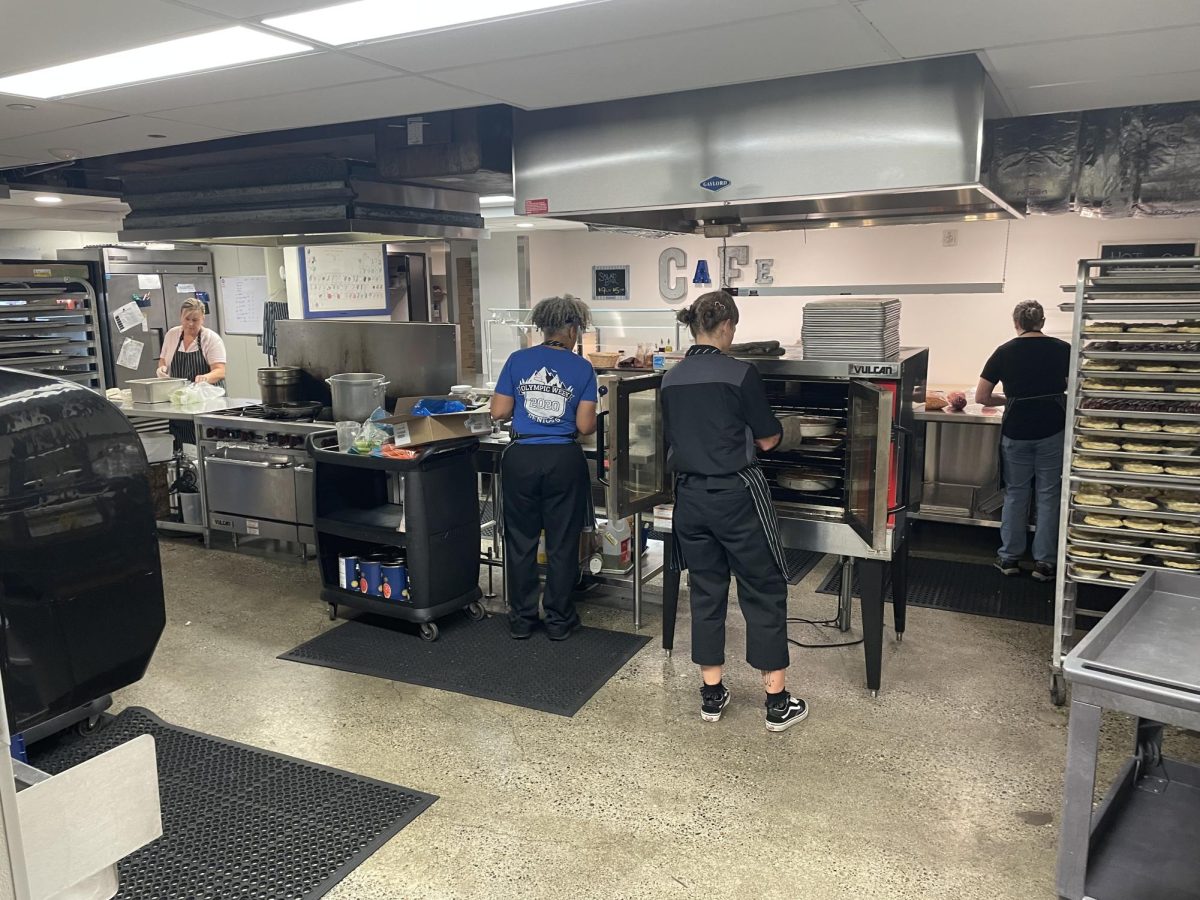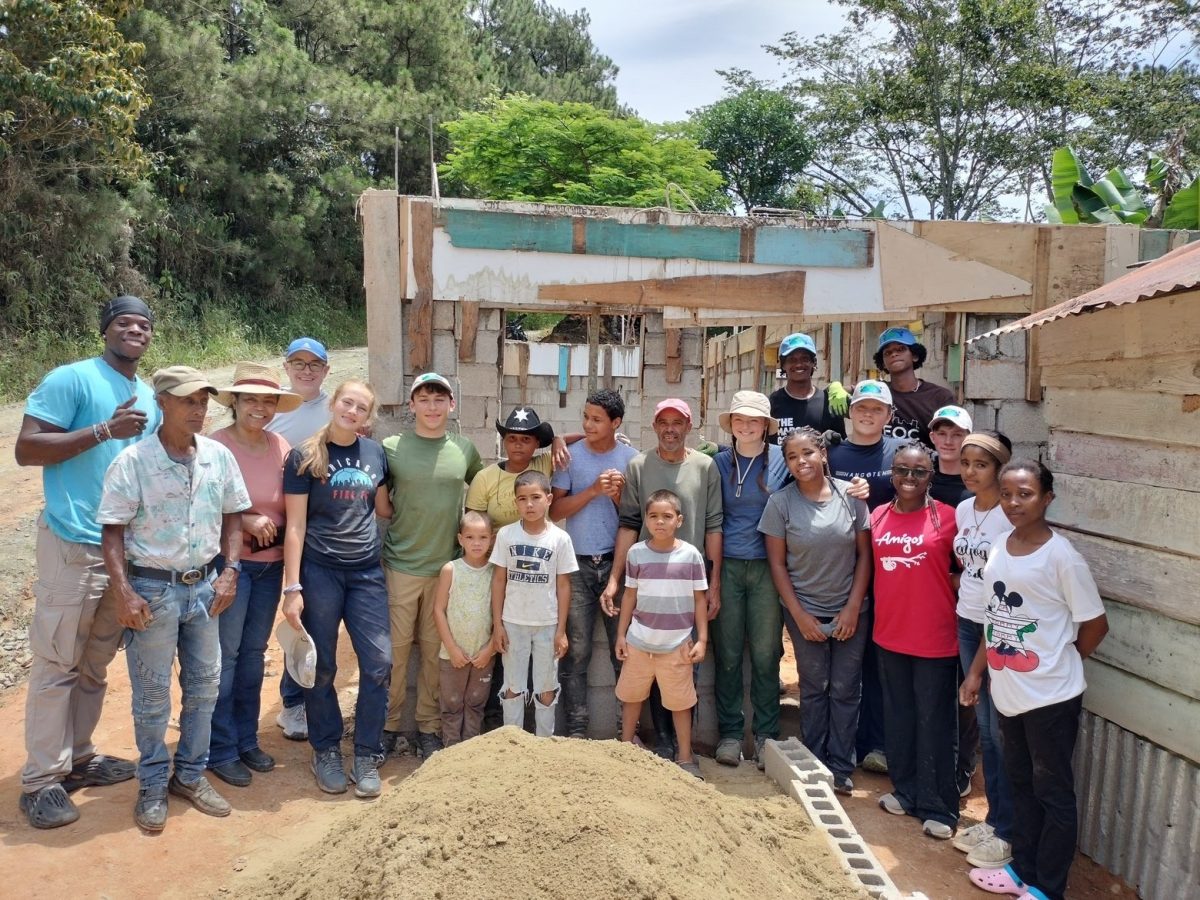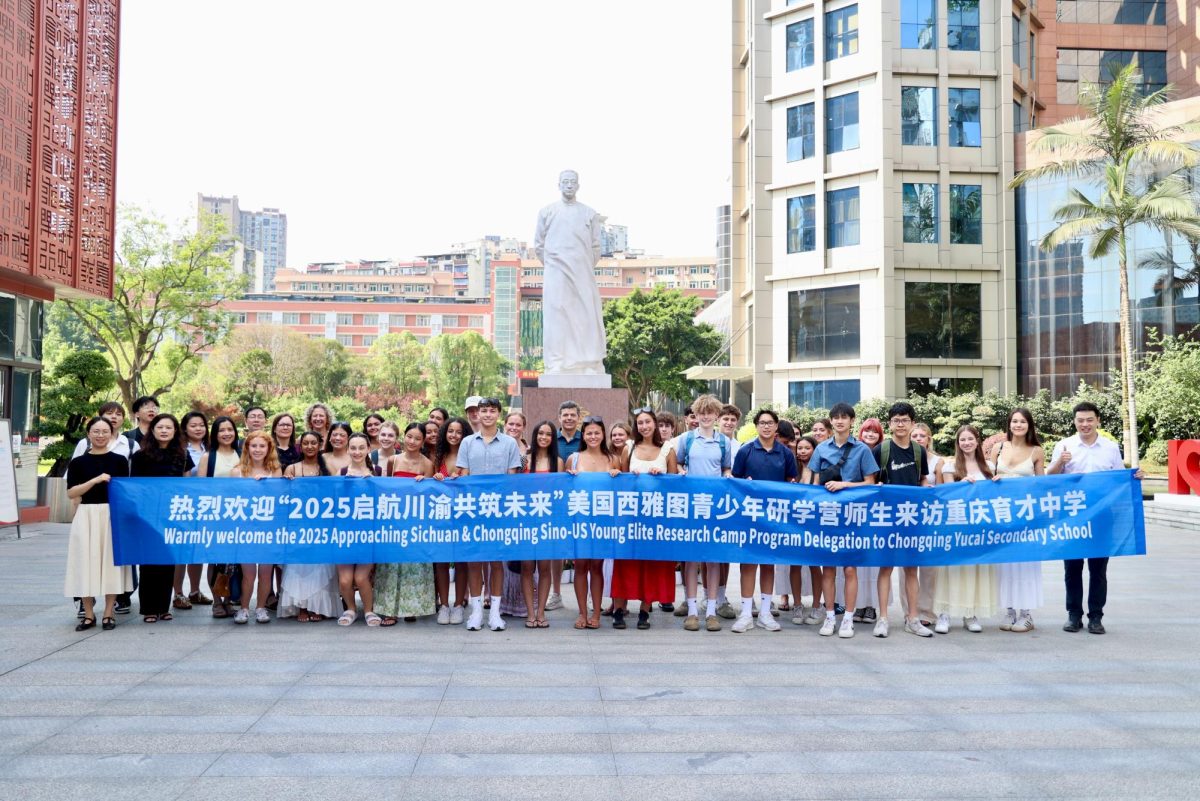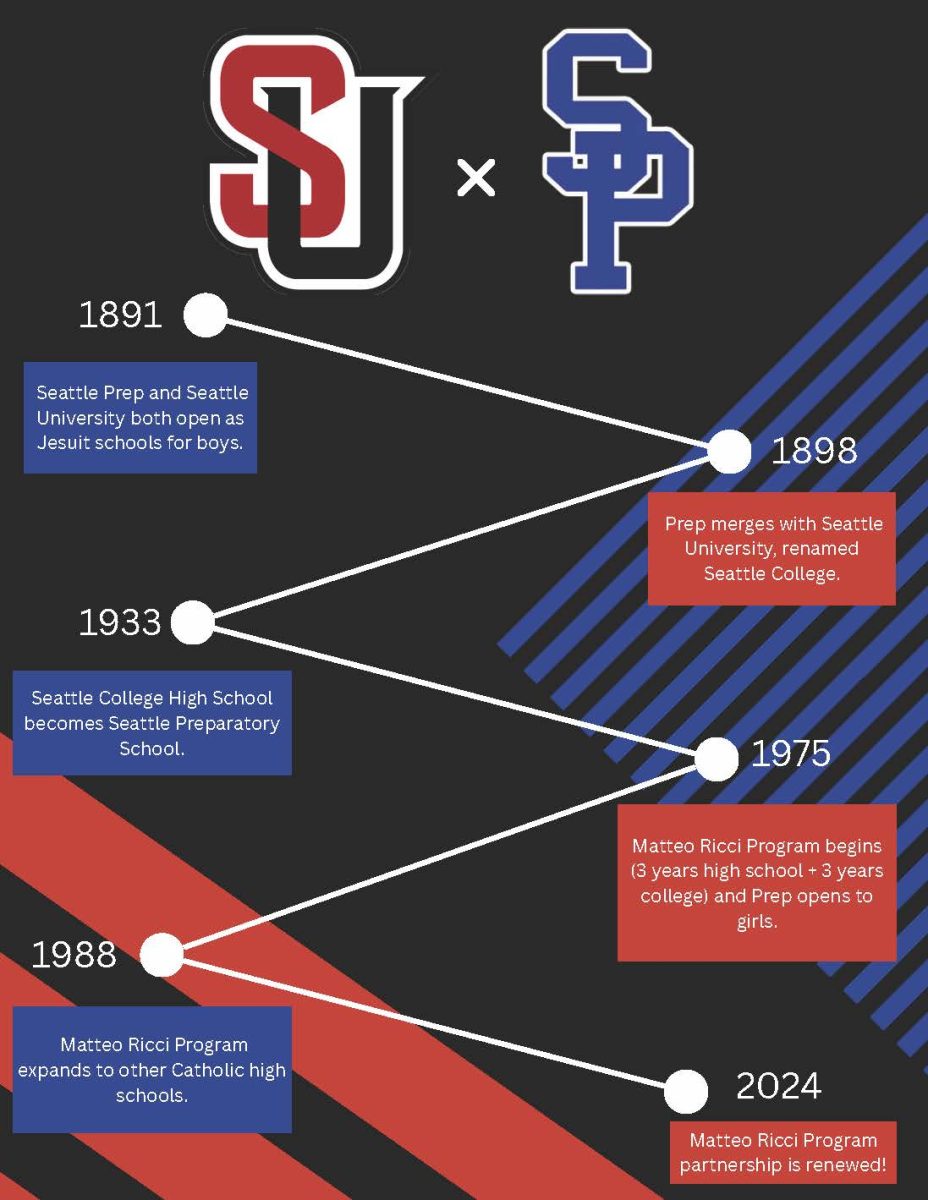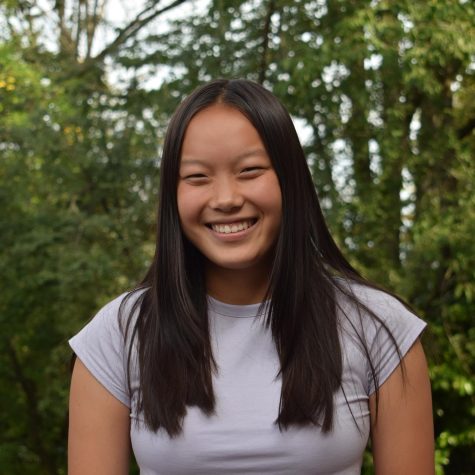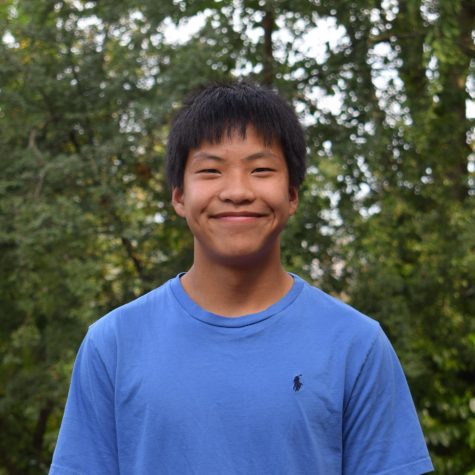Students have incredibly busy schedules, what with balancing sports or extracurriculars on top of school and homework. With how busy they are, is it possible for students to balance school and everyday life? This is the question that Dr. Denise Pope explored in an inservice talk to faculty on October 23rd, known as “The Balanced Student.” She will give another talk to parents at a future date TBD.
Pope has a Ph.D. in education and is a senior lecturer at the Stanford University Graduate School of Education.
In 2004, Pope started the program called Challenge Success. Through this program, she works with schools throughout the country to help students, teachers, and parents improve overall student health.
Her talk centered around the well-being of the student, including how little students sleep and what appropriate stress levels should look like with homework and extracurriculars, but they were specifically directed to how each group of people can best support students.
For her talk to the parents, Pope will focus on how parents can help support their students, focusing a lot on the idea of redefining success and understanding what students’ needs are: “They need time from family and support from family as opposed to the pressure from family…parents should be the cheerleaders, note the homework police” said Pope
Pope also emphasized the importance of giving students a space to relax and step away from stress: “Kids need time to play, whatever that looks like for teens.”
She also challenged the idea that students are only successful if they overwhelm themselves with high level classes, highlighting a need to find enjoyment in what you do: “It’s really about finding the balance of what makes sense for you and that’s where you have to think about what are you truly interested in.”
In the talk Pope gave to the faculty, the focus was on how teachers and their homework loads affect the students, and pressed the fact that the teachers are big players in whether students feel healthy and like they belong: “The little things you do, really add up,” saying teachers need to see students as a “whole person who has a life
Pope also points to how students have a role in finding balance and navigating a lot of peer pressure, providing this message: “You have control over your own use of time, even when you feel you don’t. You have more control than you think as students.”
Pope’s motivation to help students is simple.
“We know how to find a healthy balance in school, that still challenges kids, [and] gets them to really learn. I don’t want kids to just do school. That’s not what I want for my own kids.”


